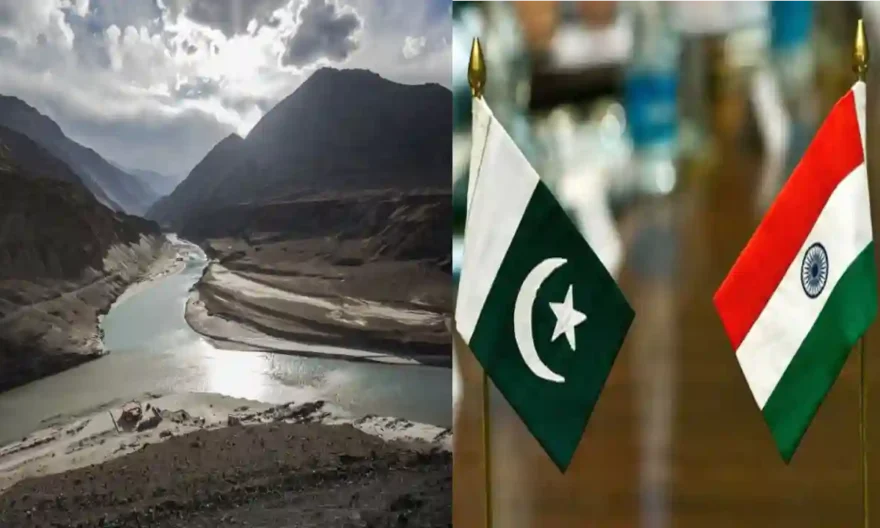
India has issued a notice to Pakistan for modification of the Indus Waters Treaty (IWT) of September 1960 after Islamabad’s actions violated the provisions of the treaty.
According to Article XII (3) of the IWT, the notice was delivered on January 25 through the respective Commissioners for Indus Waters.
The purpose of the notice for modification is to give Pakistan 90 days to enter into intergovernmental negotiations to correct the material breach of the IWT. This procedure would also update IWT to reflect the lessons learned over the previous 62 years.
India has always been a responsible partner in the treaty’s implementation. Pakistan’s actions, on the other hand, have violated IWT provisions and implementation, forcing India to issue an appropriate notice for the modification of the treaty.
In 2015, Pakistan requested the appointment of a Neutral Expert to investigate its technical objections to India’s Kishenganga and Ratle Hydroelectric Projects (HEPs).
Pakistan unilaterally retracted this request in 2016 and proposed that its objections be resolved by a Court of Arbitration. This action by Pakistan violates the graded dispute resolution mechanism envisioned by Article IX of the IWT. As a result, India made a separate request that the matter be referred to a Neutral Expert.
The initiation of two concurrent processes on the same questions, with the possibility of inconsistent or contradictory outcomes, creates an unprecedented and legally untenable situation that threatens IWT itself.
The World Bank acknowledged this in 2016, when it decided to “pause” the start of two parallel processes and asked India and Pakistan to seek an amicable solution.
Despite India’s repeated efforts to find a mutually acceptable solution, Pakistan has refused to discuss the issue during the five meetings of the Permanent Indus Commission from 2017 to 2022.
At Pakistan’s insistence, the World Bank initiated actions on both the Neutral Expert and Court of Arbitration processes. Such concurrent consideration of the same issues is not covered by any IWT provision.
In October 2022, the World Bank made appointments in two separate processes requested by India and Pakistan in connection with the Kishenganga and Ratle hydroelectric power plants.
In accordance with its responsibilities under the Indus Waters Treaty, it appointed a chairman of the Court of Arbitration and a neutral expert.
According to a World Bank press release, the two countries disagree on whether the technical design features of the two hydroelectric plants violate the Treaty.
According to the report, Pakistan requested that the World Bank facilitate the establishment of a Court of Arbitration to address its concerns about the designs of the two hydroelectric power projects, while India requested the appointment of a Neutral Expert to address similar concerns about the two projects.
Michel Lino was named Neutral Expert, and Sean Murphy was named Chairman of the Court of Arbitration.
According to the release, they will carry out their duties in their individual capacity as subject matter experts, independent of any other appointments they may currently hold.




